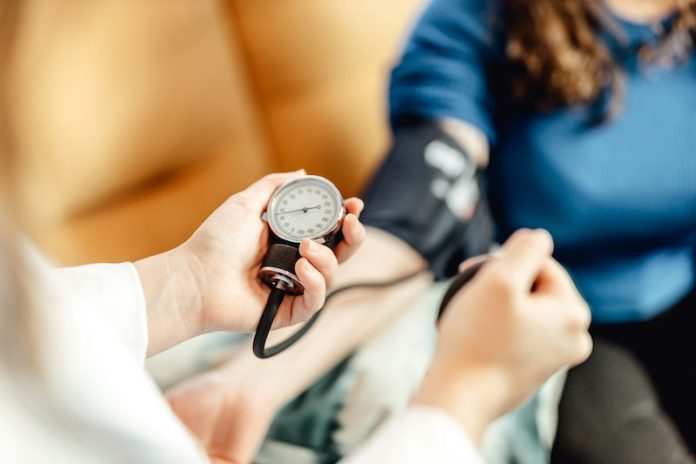
If you believe your blood pressure stays the same all the time, it’s time to think again. A new study led by Yuan Lu, a researcher at Yale School of Medicine, found that blood pressure often changes quite a bit—even in people who take medicine to control it. These swings can make it hard to know whether your treatment is working or not.
High blood pressure, also called hypertension, is very common. In the United States, nearly half of all adults have it. This condition puts stress on your heart and can damage your kidneys, blood vessels, and even your brain. But what’s more surprising is that only one out of every four people with high blood pressure actually has it under control.
Many people think that checking their blood pressure once in a while at the doctor’s office is enough. But this study shows that’s not the case. Your blood pressure can go up or down between doctor visits. In fact, the numbers might change so much that they don’t give a clear picture of what’s really going on.
The researchers looked at more than 7.7 million blood pressure readings from over 537,000 adults. That’s one of the biggest studies of its kind. They discovered that blood pressure often changed by up to 12 mmHg between visits.
Even people who were taking blood pressure medicine didn’t always get the results they hoped for. In about 37% of the cases, their blood pressure didn’t go down much—or at all.
These changes make it hard for doctors to decide whether a medication is working. If a person’s blood pressure goes up and down between visits, a doctor might think a drug is helping when it’s not—or think it’s failing when it’s really doing its job. This is why occasional readings in a clinic might not be enough to guide treatment.
Experts, including those at the American Heart Association, now recommend checking your blood pressure at home on a regular basis. This gives a more accurate picture of your health. Still, many people don’t do this. They rely on their doctor visits and assume that’s good enough.
But Dr. Wanpen Vongpatanasin, a blood pressure expert in Dallas, warns that readings at a clinic can often be too high. That might happen if you’re nervous, or if the cuff used by the doctor doesn’t fit your arm properly.
To check your blood pressure at home, you’ll need a good-quality monitor. The American Medical Association has a list of recommended devices, and it’s best to use one with an upper-arm cuff. Before taking a reading, avoid smoking, caffeine, or exercise for at least 30 minutes. Sit quietly with your back supported and your arm at heart level before pressing the start button.
Yuan Lu understands that not everyone can afford a home device. But that doesn’t mean you’re out of options. Many pharmacies and community health clinics have machines you can use for free. These can help you keep track of your blood pressure swings without spending money.
Think of your blood pressure like a swing—it goes up and down. If you only check it once in a while, you’re missing the full picture. Managing high blood pressure is not something you do once and forget. It’s a daily effort. Keeping a close watch, especially with home checks, helps you and your doctor find the best way to keep it under control.
There’s even more to explore. Some studies suggest that things like gum disease and diet can affect your blood pressure, too. The more you learn, the better choices you can make for your health.
This important research was published in the journal Circulation: Cardiovascular Quality and Outcomes. It’s a reminder that to stay healthy, you need to pay attention not just to your numbers—but how often and where you check them.
If you care about blood pressure, please read studies about blood pressure drug that may increase risk of sudden cardiac arrest, and these teas could help reduce high blood pressure.
For more information about health, please see recent studies about nutrient that could strongly lower high blood pressure, and results showing this novel antioxidant may help reverse blood vessels aging by 20 years.
Copyright © 2025 Knowridge Science Report. All rights reserved.



